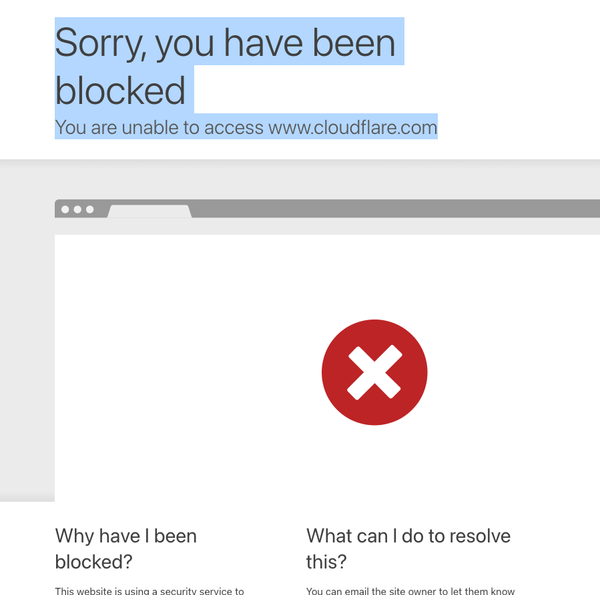Why Medical Websites Often Struggle with SEO and Why SEO is Crucial
Table of Content
In the ever-evolving digital landscape, having a strong online presence is crucial for any industry, and the medical sector is no exception. However, medical websites often face unique challenges when it comes to Search Engine Optimization (SEO).
In this blog post, we'll explore why medical websites typically struggle with SEO and why optimizing for search engines is critical for healthcare providers.
The Challenges in Medical Website SEO
1. Complex and Technical Content
Medical content is inherently complex and filled with technical terms. This can make it difficult for search engines to understand and rank the content, especially if it's not well-optimized for layman's understanding.
Additionally, users might find the content overwhelming or difficult to comprehend, leading to a high bounce rate, which negatively affects SEO rankings.
2. Compliance and Privacy Regulations
The healthcare industry is bound by stringent regulations like HIPAA in the United States, which govern how medical information can be shared and displayed. These regulations can limit the type of content that can be published, impacting the ability to implement certain SEO strategies, such as patient testimonials or detailed case studies.
3. Lack of SEO-Focused Content Strategy
Many medical websites focus primarily on providing information and less on SEO strategies. They often lack keyword optimization, proper tagging, and a content structure that aligns with search engine algorithms, leading to poor visibility on search engine results pages (SERPs).
4. Slow Website Speed
Medical websites often have numerous images and complex interfaces to display their services and facilities, which can slow down website speed. Since page speed is a ranking factor for Google, slower websites tend to rank lower.
The Importance of SEO for Medical Websites
1. Increased Visibility and Accessibility
SEO helps medical websites rank higher in SERPs, making them more visible and accessible to users. This is particularly important for local SEO, as patients often search for healthcare providers near them.
2. Building Trust and Credibility
A well-optimized website with quality content establishes credibility and trust. Medical websites that appear at the top of search results are often perceived as more reputable and trustworthy by users.
3. Patient Engagement and Education
SEO isn’t just about attracting visitors; it’s also about engaging them. By providing valuable, easily understandable content, medical websites can educate and engage patients, which is essential for patient care and retention.
4. Cost-Effective Marketing
Compared to traditional advertising methods, SEO is a cost-effective way to market healthcare services. It offers long-term benefits, as organic search traffic is generally more consistent and sustainable.
5. Competitive Advantage
In a competitive healthcare market, SEO can give a medical website a significant edge. A strong SEO strategy can set a healthcare provider apart from competitors, attracting more patients and referrals.
Conclusion
While there are unique challenges in optimizing medical websites for search engines, the importance of SEO in the healthcare industry cannot be overstated. It’s not only about being found online but also about providing value, building trust, and engaging effectively with patients.
Healthcare providers should focus on developing an SEO strategy that respects privacy regulations, simplifies complex information, and improves overall user experience. In doing so, they can enhance their online presence, reach more patients, and provide better healthcare information and services.











